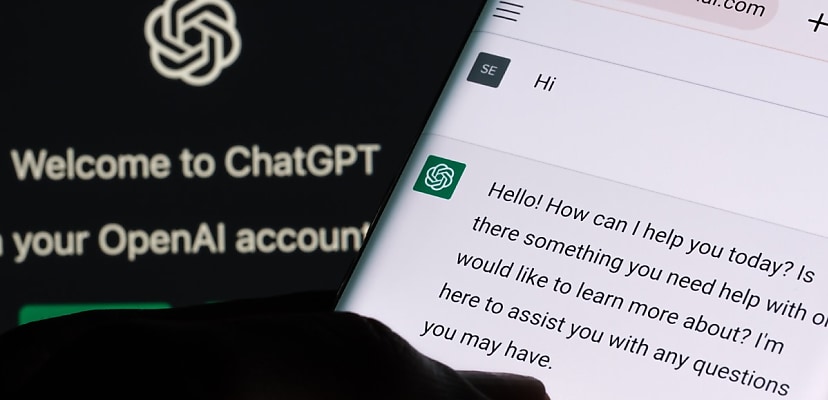Share this article on:
Powered by MOMENTUMMEDIA
Breaking news and updates daily.
Australian children as young as seven access OpenAI’s chatbot despite the company saying its app “is not meant for children under 13”.

With Australia mulling how to implement a social media ban for children under 16, a new report provides insights into children’s usage of OpenAI’s ChatGPT platform.
Online safety firm Qustodio’s Apps through the Ages report shows that despite OpenAI’s own advice, 30 per cent of Australian children between 13 and 15 regularly use ChatGPT. The figure increases to 39 per cent in the 16 to 18 age bracket, but even children far younger are using the application.
Five per cent of children aged between seven and nine use ChatGPT, rising to 16 per cent of kids aged between 10 and 12.
The data was compiled from anonymous app usage from around 19,000 Australian families with children between the ages of seven and 18 and was conducted throughout 2023, when ChatGPT launched.
According to ChatGPT’s Educator FAQ, “ChatGPT is not meant for children under 13, and we require that children ages 13 to 18 obtain parental consent before using ChatGPT,” which is clearly unenforceable given how easy it is to access without even creating an account.
“Parents may not realise that there are age restrictions for OpenAI. Children under 13 aren’t allowed, and those aged 13–17 are only meant to be able to access them with parental consent,” Yasmin London, online safety expert at Qustodio, said in a statement.
“Yet without measures to enforce these restrictions, young users are accessing these AI tools freely, often without their parent’s awareness, or the risks and the requirements in place to protect them.”
London added: “The education sector now has the difficult task of teaching children how to use AI respectfully and safely, while also ensuring young people are protected from the many security and privacy concerns that come with artificial intelligence.”
“AI can be a very valuable resource in the educational environment when implemented positively and with limits. It is essential to prepare students for the current and future digital world, helping them understand the benefits and risks of AI.”

David Hollingworth has been writing about technology for over 20 years, and has worked for a range of print and online titles in his career. He is enjoying getting to grips with cyber security, especially when it lets him talk about Lego.
Be the first to hear the latest developments in the cyber industry.